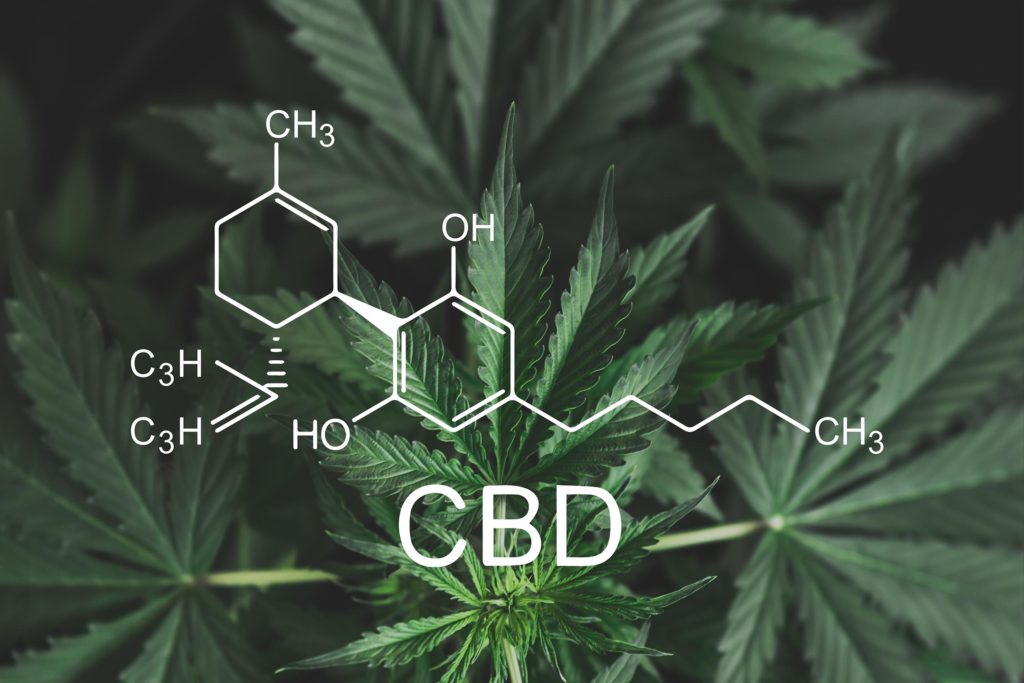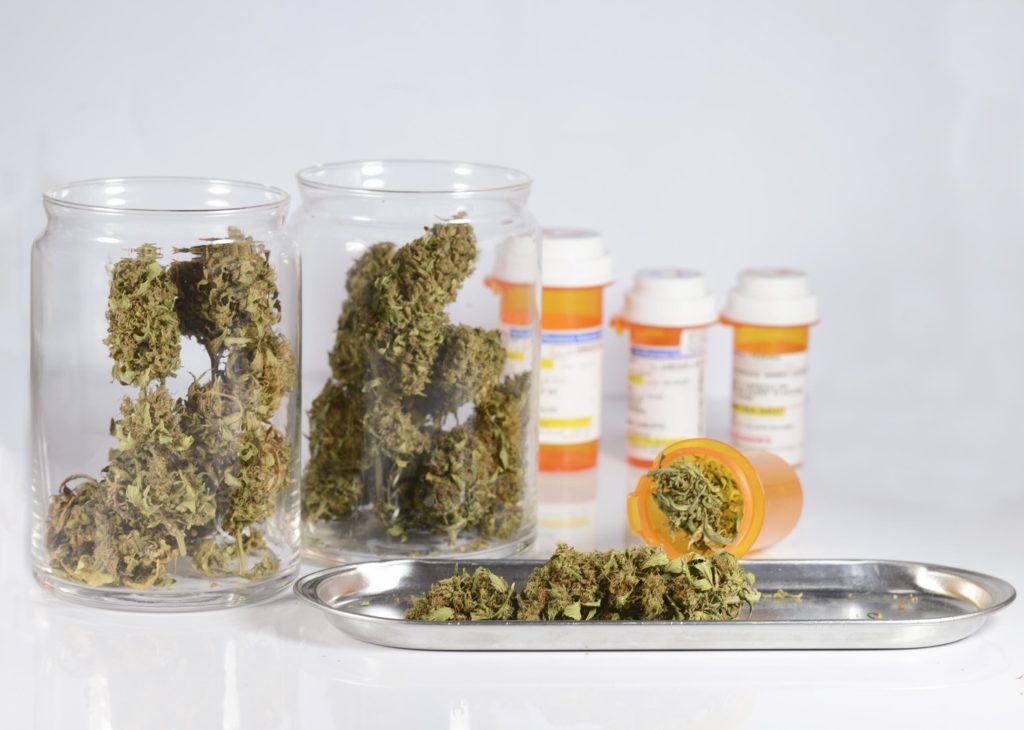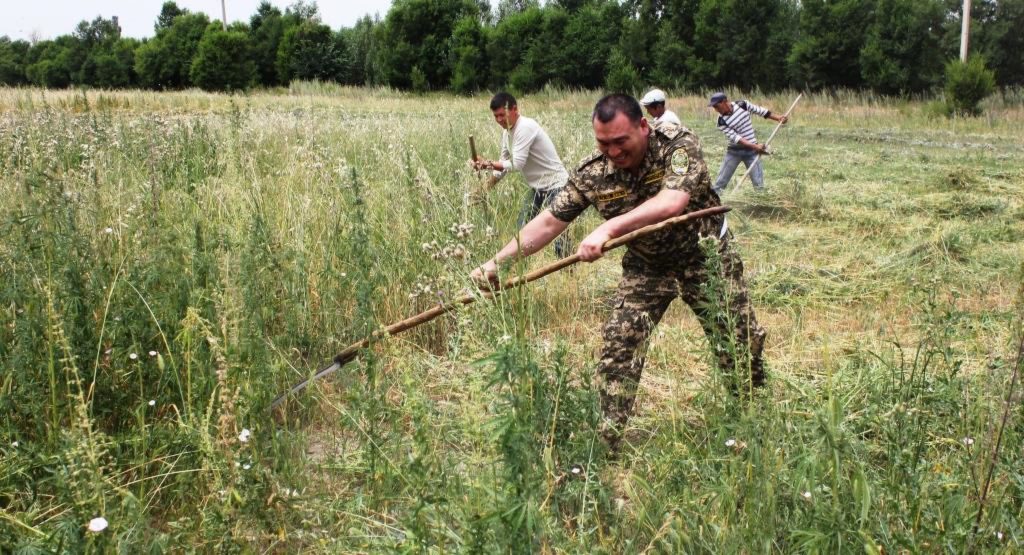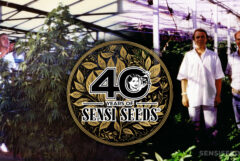Cannabis grows abundantly in the wild in Kyrgyzstan. Despite this, the country doesn’t have high rates of cannabis usage, and its illegal domestic market is relatively small. However, it is a transit country for drug smugglers from Afghanistan, who pass through with cannabis destined for Russia, Europe and North America.
- Capital
- Bishkek
- Population
- 6,675,000
- CBD Products
- Illegal
- Recreational cannabis
- Illegal
- Medicinal cannabis
- Illegal
- Cannabis laws in Kyrgyzstan
- Can you possess and use cannabis in Kyrgyzstan?
- Can you sell cannabis in Kyrgyzstan?
- Can you grow cannabis in Kyrgyzstan?
- Is CBD legal in Kyrgyzstan?
- Can cannabis seeds be sent to Kyrgyzstan?
- Medicinal cannabis in Kyrgyzstan
- Industrial hemp in Kyrgyzstan
- Good to know
- Cannabis history
- Wild cannabis in Kyrgyzstan
- Kyrgyzstan’s cannabis
- Harvesting cannabis in Kyrgyzstan
- Making hashish
- Will it be legalised in the future?
Cannabis laws in Kyrgyzstan
Can you possess and use cannabis in Kyrgyzstan?
Kyrgyzstan’s Criminal Code states that possession of cannabis is illegal. If caught, the offender may be punished with “deprivation of liberty” (a prison sentence) for three to seven years. They may also have their property confiscated.
If it’s a repeat offence, or if the offender holds an official position, the sentence is increased to six to ten years, or even higher if acting as part of an organised group.
Though the law doesn’t explicitly state that using cannabis is an offence, it does mention ‘inducement to use’, which is punishable with a three to five-year prison sentence.
The law states that, if an offender is found to be ‘addicted to’ drugs, then the court may also impose treatment, in combination with a sentence.
Can you sell cannabis in Kyrgyzstan?
In accordance with Kyrgyzstan’s Criminal Code, if an individual is caught transporting or sending ‘narcotic drugs’ (including cannabis) without the purpose of sale, they may be given a fine equivalent to fifty monthly wages (minimum) or a prison sentence for up to three years. If they repeatedly reoffend, the sentence is increased to three to eight years.
However, if large quantities of cannabis are involved, the sentence is further increased – to eight to 15 years, plus possibly confiscation of property too.
An offender caught trafficking cannabis (or any other drugs) across the border will receive a three to seven-year prison sentence. If the individual repeatedly reoffends, holds an official job, or acts with violence towards customs control, this sentence is increased to five to ten years imprisonment, and their property may be seized.
The sentence increases again if the trafficking was committed as part of an organised group. If this is found to be the case, the sentence is seven to 12 years in prison.
However, despite these sentences, cannabis trafficking is a big problem in the country. Being situated next to Afghanistan, the world’s largest hashish producer, means that drug smugglers regularly cross the border into Kyrgyzstan in order to smuggle drugs to other countries. Likewise, Kyrgyzstan’s widespread poverty means that people willingly risk prosecution in order to make money through hashish and cannabis trafficking.
Can you grow cannabis in Kyrgyzstan?
It’s illegal to grow cannabis in Kyrgyzstan. Sowing cannabis seeds or cultivating the plant is punished with a fine – which is currently set at 100 to 300 minimum monthly wages, or imprisonment.
Any illegal production of narcotic drugs or psychotropic substances is punished with a prison sentence of five to 10 years, along with confiscation of property. If it’s a repeat offence, or large quantities are involved, this is increased to 10 to 15 years. The term rises to 15 to 20 years if the individual is operating as part of an organised group.
However, cannabis grows abundantly in the wild in Kyrgyzstan. That means that cultivation is seldom necessary, as farmers and traffickers alike can simply harvest the wild plants. The country has a small trade in cannabis, and it’s estimated that 80% of families in the Chui and Issyk-Kul regions are involved in the illegal market. 40% is consumed locally, and the rest is smuggled to neighbouring countries.
In the past, Kyrgyzstani authorities have attempted to control the growth of wild cannabis with eradication efforts. However, the level of growth is so expansive that it is difficult to eradicate it entirely.
Is CBD legal in Kyrgyzstan?
Kyrgyzstani law doesn’t differentiate between CBD and cannabis. Therefore, CBD is illegal and cannot be purchased, used, or sold, despite it being low in THC (the substance responsible for the ‘high’).

Can cannabis seeds be sent to Kyrgyzstan?
Cannabis seeds cannot be legally purchased or sold in Kyrgyzstan, so they may not be mailed into the country.
Medicinal cannabis in Kyrgyzstan
There is no medicinal cannabis programme in Kyrgyzstan. This means it’s illegal to use the drug, even if it’s for medicinal benefit.

Industrial hemp in Kyrgyzstan
Hemp can be legally grown in Kyrgyzstan and the country has a hemp industry. However, it declined after the collapse of the Soviet system.

Good to know
If you are travelling to Kyrgyzstan (or are a resident of the country), it is useful to know the following:
- The 2019 Crime and Safety Report states that the use of narcotic drugs (including cannabis) is “relatively low”. However, it does acknowledge that trafficking is a significant problem.
- Kyrgyzstan is a transit country, which means that drugs are trafficked through it. Most of the cannabis travelling through the country is smuggled to Russia, Europe or North America.
Cannabis history
It’s believed that central Asia is cannabis’s ancestral home. Certainly, the earliest documented cases of usage come from this region, dating from as far back as 2,700 BCE. The ancient Scythian tribes who lived in the Kyrgyzstan area were known to have used cannabis for recreational and ritualistic purposes.
Herodotus described the Scythians as howling with pleasure after inhaling the fumes from burning cannabis seeds. Of course, Herodotus isn’t known for being an entirely reliable historical source, but the discovery of several Scythian tombs containing preserved cannabis seems to back up some of his claims.
Wild cannabis in Kyrgyzstan
Much of Kyrgyzstan’s wild cannabis is grown around Lake Issyk-Kul, which is 225 km south-east of Bishkek. It can also be found elsewhere in the Chui Valley, which lies on the border with southern Kazakhstan. Around 7,000 hectares are grown in the former, and approximately 6,000 hectares in the latter. Other regions include Jalal-Abad and Talas. In total, around 40,000 hectares of wild cannabis grow across the country.

Tensions have been known to rise between the local people harvesting the wild cannabis, and the authorities. Some of the farmers are armed with sticks and knives, though it’s not unheard-of for some to use guns too. As a result, outbreaks of violence do occur.
The police usually fire shots into the air as a deterrent rather than to cause injury. However, sometimes skirmishes happen. For example, in 2005, a counter-narcotics official claimed that two of his agents had been stabbed during an attempt to arrest cannabis harvesters in Issyk-Kul.
It’s unlikely that the authorities will ever be able to eradicate wild harvesting entirely. The plant grows too abundantly, and the poverty-stricken rural population needs it in order to make a living. Additionally, the counter-narcotics divisions are underfunded, and simply don’t have the personnel to make a serious difference.
Kyrgyzstan’s cannabis
Kyrgyzstan’s cannabis is mostly C. ruderalis, though some Indian and Pakistani genetics have been introduced over the centuries. This has resulted in significant genetic and morphological diversity. An average cannabis plant in Kyrgyzstan may grow to 1 – 1.25 metres in height and produce around 4% THC in the female flowers. They usually produce abundant amounts of resin.
Harvesting cannabis in Kyrgyzstan
The wild cannabis is typically harvested in early August. This marks the peak of resin production. Reports suggest that once the buds have been removed, the plant continues to produce flowers, which results in a second harvest (in late August or early September).
The harvest is important to the local rural economy, particularly when tourism takes a dip (due to political upheaval in the region). Whole families often go out to the fields to harvest the crop, though it’s often women, as they’re less likely to arouse the suspicion of the police.
It’s not uncommon to see wild cannabis in gardens too. The owner of the garden must then make the decision – either uproot the plant to avoid prosecution, or let it grow and sell the resulting harvest to local dealers.
Making hashish
The resinous cannabis plants in Kyrgyzstan are ideal for making hashish. Indeed, it’s been made in the country for centuries.
Traditionally, hashish production in central Asia involved particular rituals. Local legend has it that naked men on horses (both freshly washed) would ride through the fields until they were both covered with a sticky layer of hashish, which was then scraped off and pressed into blocks.
Unsurprisingly, this technique is no longer practiced. Now, many rural farmers simply rub the plants to collect the resin, before scraping it off with a knife. The resin is then packaged into a matchbox for sale.
It takes around half an hour for a worker to produce a palm’s worth of resin, which is referred to as ‘chocolate’. Each matchbox holds three to four ‘chocolates’, usually weighing around 15 to 25 grams. As the production process is illegal, it’s not uncommon to see people extracting the resin at night.
Will it be legalised in the future?
The laws governing use, possession and supply of cannabis in Kyrgyzstan are fairly tough. However, some notable figures have spoken out in favour of its legalisation. For example, Deputy Prime Minister Tolkunbek Abdygulov said on TV: “How to create a tourist heaven in Kyrgyzstan? (…) I know how to bring all the tourists here – legalise marijuana. That’s it. That’ll do. The entire CIS will travel (to) Kyrgyzstan, no empty rooms in hotels will be left”.
Jenishbek Nazaraliev, who previously ran for president, is another advocate for cannabis legalisation. He called for a pilot programme, producing cannabis in the northern Tian Shan mountains. Like Abdygulov, he highlighted its economic potential for the country.
- Disclaimer:While every effort has been made to ensure the accuracy of this article, it is not intended to provide legal advice, as individual situations will differ and should be discussed with an expert and/or lawyer.












Awesome. I’m heading to Kyrgyzstan in a few days and I’m going to be there for a few months. I’m curious to see what’s happening there.
Hey Brat, it has been a few months since you commented. My friends and I are planning a trip to Kyrgyzstan ourselfs. This will happen in the summer of 2017 probably.
I’d like to hear your experiences of the Country and how you experienced the regulation of Cannabis.
Thanks
Bruh Kyrgyzstan is awesome!
I’m here right now, it’s lit!
Where you from?
Let me know when you get here